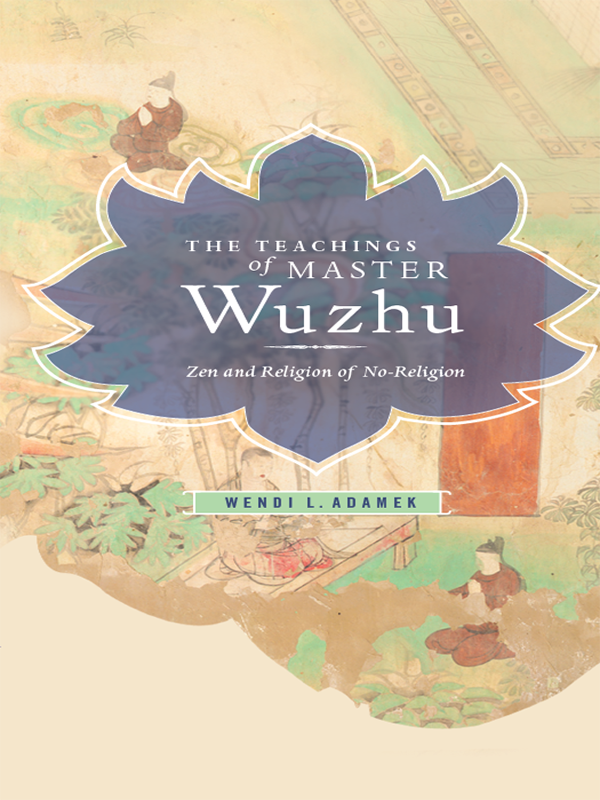

Most ebook files are in PDF format, so you can easily read them using various software such as Foxit Reader or directly on the Google Chrome browser.
Some ebook files are released by publishers in other formats such as .awz, .mobi, .epub, .fb2, etc. You may need to install specific software to read these formats on mobile/PC, such as Calibre.
Please read the tutorial at this link: https://ebookbell.com/faq
We offer FREE conversion to the popular formats you request; however, this may take some time. Therefore, right after payment, please email us, and we will try to provide the service as quickly as possible.
For some exceptional file formats or broken links (if any), please refrain from opening any disputes. Instead, email us first, and we will try to assist within a maximum of 6 hours.
EbookBell Team

4.8
14 reviewsWritten by disciples of Master Wuzhu, the Lidai fabao ji is one of the earliest attempts to implement a "religion of no-religion," doing away with ritual and devotionalism in favor of "formless practice." Master Wuzhu also challenged the distinctions between lay and ordained worshippers and male and female practitioners. The Lidai fabao ji captures his radical teachings through his reinterpretation of the Chinese practices of merit, repentance, precepts, and Dharma transmission. These aspects of traditional Buddhism continue to be topics of debate in contemporary practice groups, making the Lidai fabao ji a vital document of the struggles, compromises, and insights of an earlier era. Adamek's volume opens with a vivid introduction animating Master Wuzhu's cultural environment and comparing his teachings to other Buddhist and historical sources.